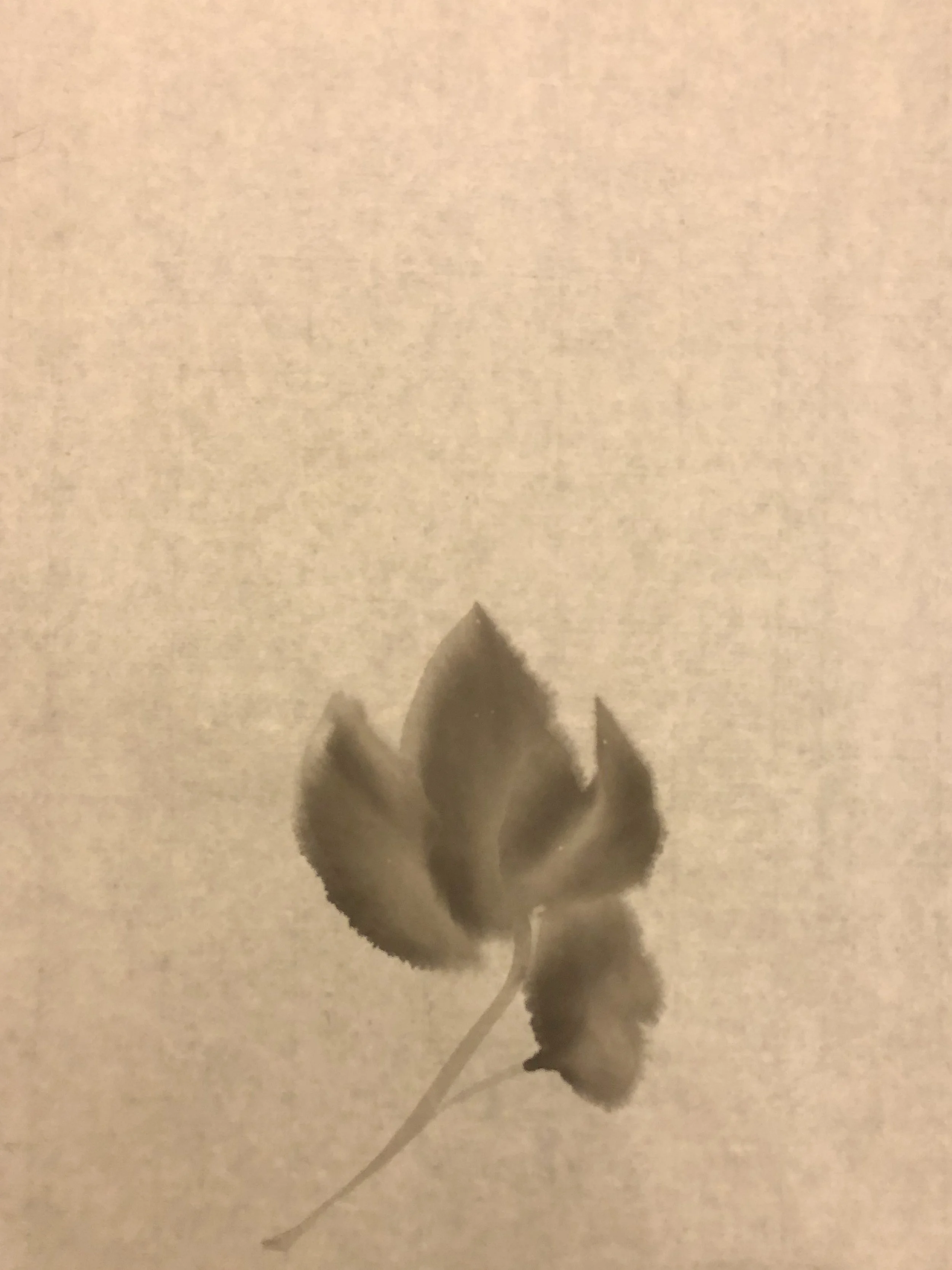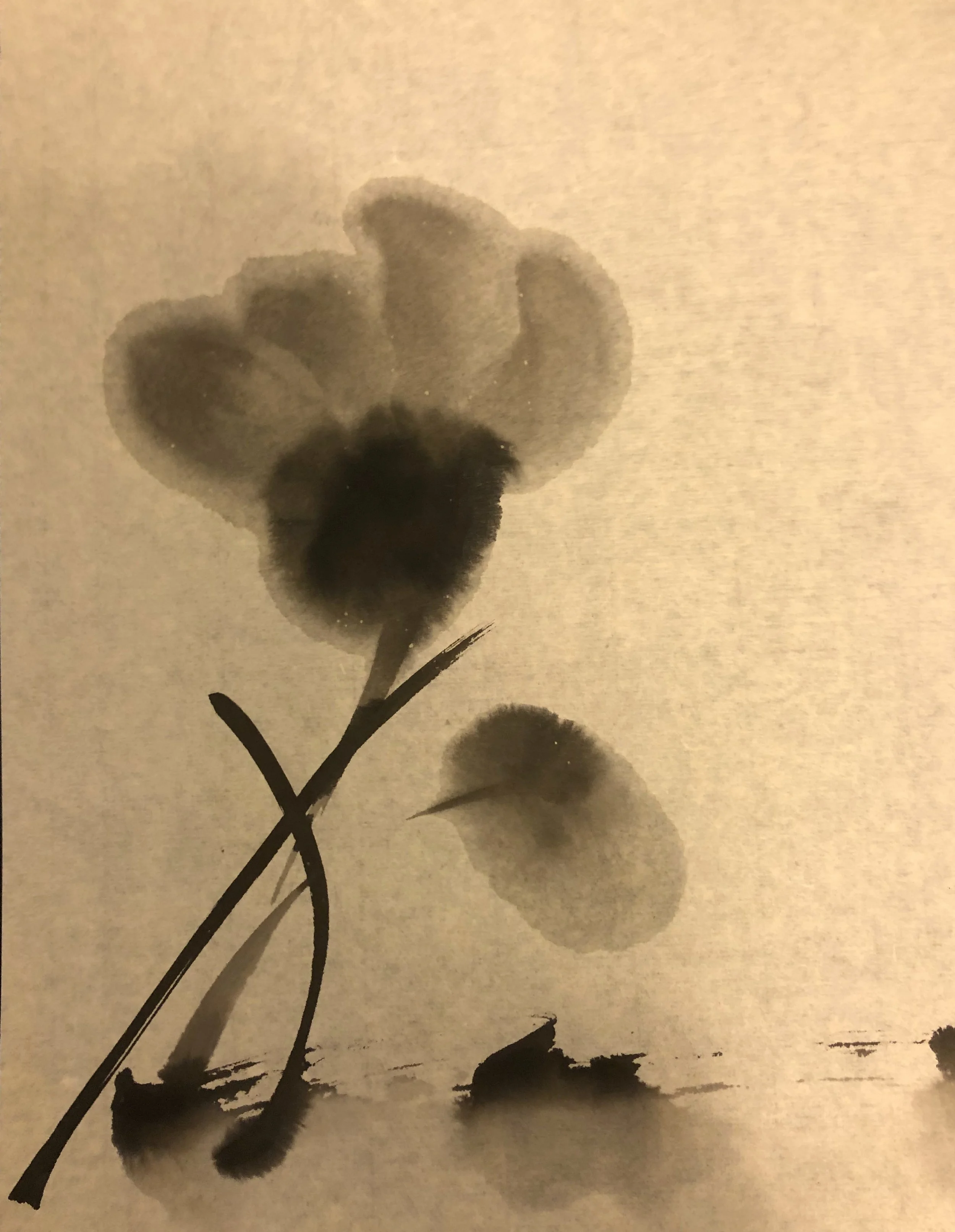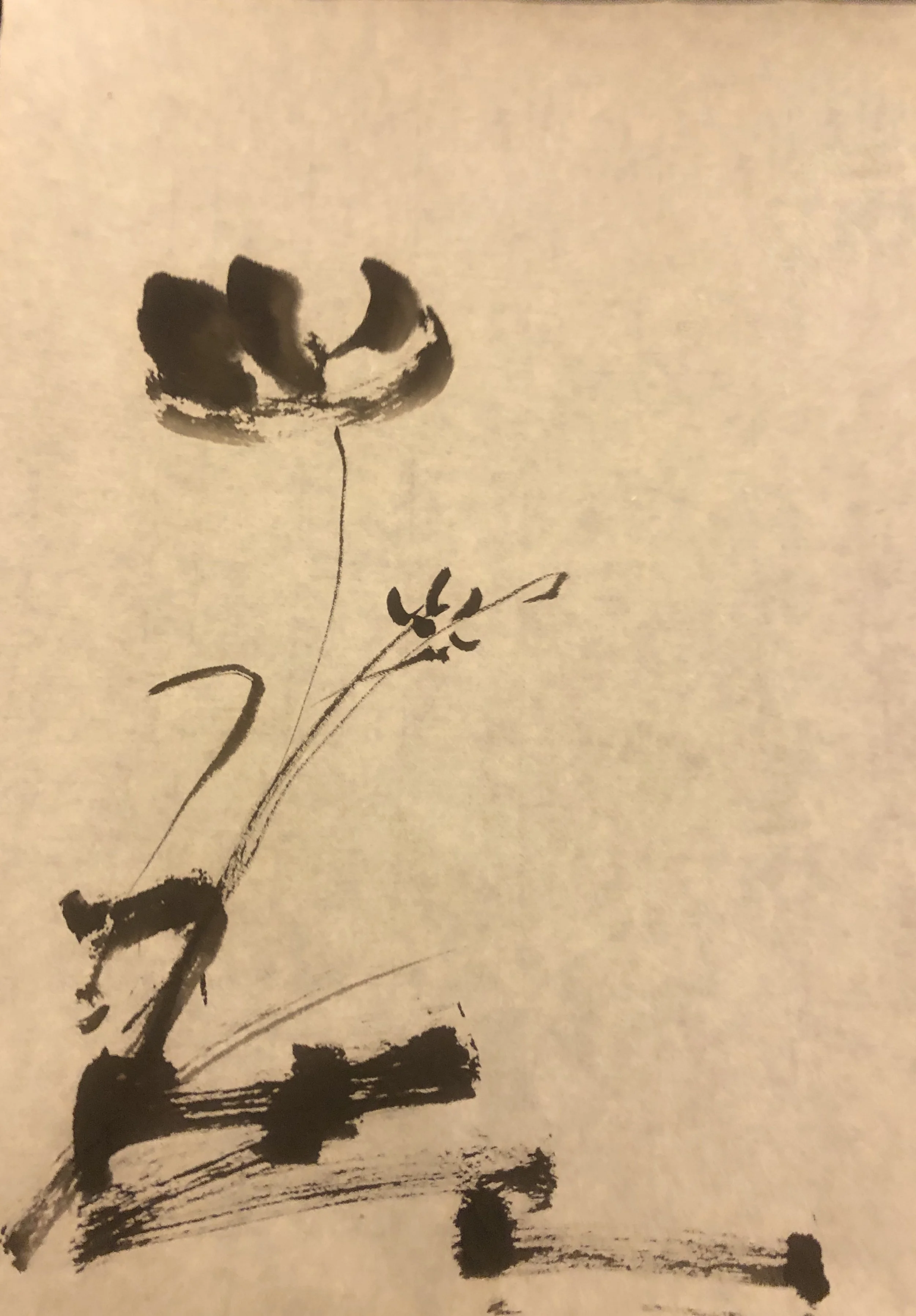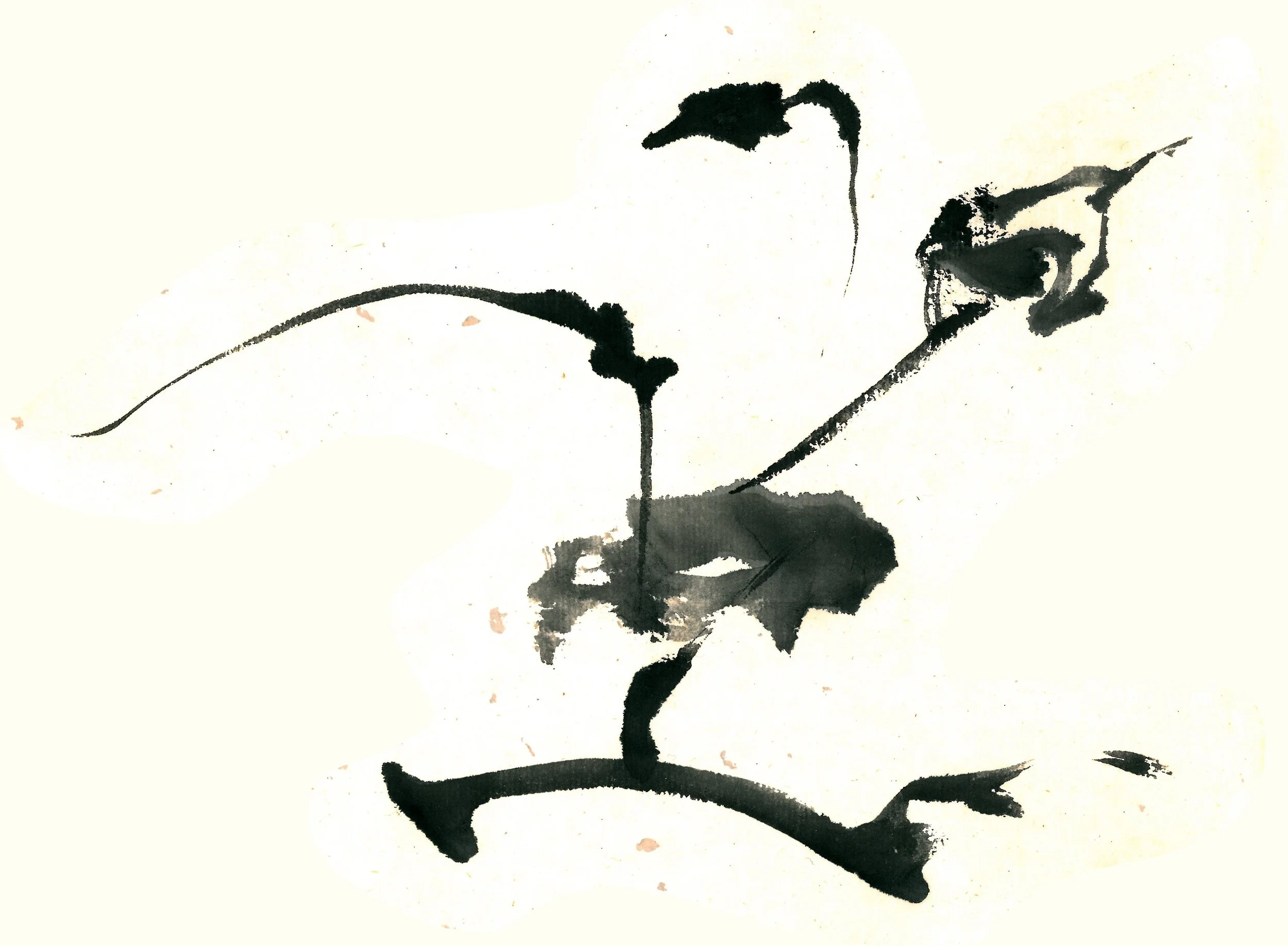ולא היה בה מום
פואמה לקריינית ומקהלה מדברת
She Wasn’t Damaged
Poems of Survival
This is poetry that traces a journey from victimhood to empowerment — poetry that is both declarative and therapeutic, poetry that avails itself to the reader as an offering; by naming, by declaring, by confrontation via the written word, Vardi both charts and creates a path toward self-healing.
Geri Lipschultz, Jewish Journal
Despite the pain and heartache permeating these poems, a voice of perseverance and an unquenchable will to survive emerges from each verse. The brevity of each poem creates an emotional impact that stays with readers long after they have finished the poems…The authentic voice and minimalist forms in this collection will remind readers of poems by poets like Yrsa Daley-Ward. It is a collection that long-time poetry readers and newcomers to the genre can equally appreciate.
Nicole Yurcaba, The US Review of Books
It is a beautiful collection of poems that convey a universal message of understanding the posttraumatic episodes that proceed from sexual abuse incidents.
Helen Huini, Readers' Favorite
In spare images, with no extraneous words in either English or Hebrew, Hagit tells the story of her betrayal by one who should most be trusted. She uses her voice to declaim the hurt, and refusal to stay damaged. To tell her truth, she has shared it with us as revelation for all survivors: that we carry the shame of the abuse that truly belongs only to the abuser, for as long as it is kept secret. Told in words unminced, yet beautiful, we can share her determination to heal, to reject any pretense or false images to excuse abusers’ actions. As a therapist and survivor, I value the courage Hagit radiates. She rejected denial, didn’t pretend to forgive, and so became strong. And now she helps others to heal.
Cynthia L. Wall, LCSW author of The Courage to Trust
“...heart strain, feet/Breathing, vomiting, calves/Shuddering, hallucinations, thighs,” Hagit Vardi’s poetry about childhood sexual abuse by her father is unique and strong. Written in the beautiful script of Hebrew we find ourselves in dream and nightmare translated to English. In Chorus, Single Chorus Member, and Speaker, we recognize our own conflicting inner Voices. In the antithetical meaning of the title, from deep soul devastation to self and soul salvation, “from the depth of my wound/I drew will and power”, we come away from And She Wasn’t Damaged enlightened, in triumph.
Sharon Doubiago, awarded The Oregon Book Award,
author of Naked to the Earth (poetry), My Father’s Love (memoir)
Hagit’s voice reverberates with passion, pain, indignation, and truth; it cuts deep into fellow wounded souls but only to exorcise the demons of distress and, as she so aptly puts it, obscenity. Her journey can only be traveled by the brave, the defiant, the determined survivor who refuses to be silenced. She dares to speak the unspeakable and put her raw emotion on display as only those who survive the death of their dignity and resurrection of their very soul dare to do. I will take my time with this amazing work of art, healing and compassion.”
Linda Settles Zeboskey,
author of Redeeming Our Treasures: Finding Joy in the Shadows of an Abusive Past
Hagit Vardi's poetic journey through the nightmare of childhood sexual abuse and beyond is a moving testament to the deep power of art to heal and give life post-trauma. The poetry, the visuals, and the music in this video are startling and gorgeous. An unforgettable experience.
Susan Sweeney, Theater Professor Emerita University of Wisconsin-Madison
המסע הפואטי של חגית ורדי דרך הסיוט של התעללות מינית בילדות ומעבר לה - הוא עדות נרגשת לכוחה העמוק של האמנות לרפא ולתת חיים במצב של פוסט-טראומה. השירה, הויזואליה, והמוסיקה בוידאו הזה מדהימות ונפלאות. חוויה בלתי נשכחת
סוזן סוויני פרופסור אמריטה לתיאטרון אוניברסיטת ויסקונסין-מדיסון
״ורדי מעמידה פואטיקה רבת פנים ומאתגרת: בפואמה ולא היה בה מום היא אף מעמידה מקהלת קולות – מעין קפלה של אשמה, וידוי ומוסר עצמי – ומזמינה את הקורא להתוודע לקול מרתק ומרגש. לא לכל משוררת יש את האומץ ובוודאי שלא את הכשרון הספרותי, להכנס פנימה לתוך המקום הכואב, הדחוס והסמיך של התודעה, של הגוף הדואב ושל החווייה. חגית ורדי עושה זאת בהצלחה רבה. כל שיר הוא כמו יהלום קריסטלי. שורות כגון״ הם לא יביאו שמש/ לא ישפכו אור״, בצד הסמוי של הבריכה / התקבצה, נערמה אשפה״, ״אולי האור מתחבא בתוך החושך / כשהחושך מכבה את האור״ ו״פגשתי אותי בחלום״, ממלאים את ספרי שיריה של חגית בתחושה עמוקה של תוגה, מודעות עצמית, עדינות וענווה כלפי האני והעולם, ובעיקר דיוק לשוני.קשה לדמיין קורא שיוותר אדיש לשיריה
יקיר בן-משה משורר ועורך ולא היה בה מום
“With linguistic precision, Hagit Vardi creates multifaceted, challenging poetry and invites the reader to meet a fascinating voice. Not every poet has the courage—and certainly not the literary talent—to dive deep inside the painful place of consciousness, of the aching body, of the experience, but Vardi succeeds. Her every poem is a diamond filled with a deep sense of sorrow, self-awareness, sensitivity, and humility toward the self and the world. It is hard to imagine anyone remaining indifferent to her poetry.”
Yakir Ben Moshe, poet, and editor of Velo Haya Bah Mum
סיפרה האמיץ של חגית ורדי ולא היה בה מום הוא ספר מרגש ביותר בכנותו. הקורא אינו יכול להישאר אדיש נוכח עצמתן של המילים. השירים מעוררים קשת של רגשות: כעס, כאב, עצבות, עלבון, זעם ותקווה. תחושות של בגידה, אכזבה והתפקחות. ישנה קבלה וחיבוק אדיר של הנפש הפצועה לצד כוח תרפויטי עצום
הוידאו מעצים את החוויה, יש פנים ונפש מאחורי המילים. אי אפשר להסית את המבט. קהל הצופים שומע, רואה וחווה טיפה מאותו מסע/משא של חייה
מעבר להיותם עדות מצמררת לרגעים מבעיתים בחייה, השירים הם קול קורא עבור אותן נשים אילמות שלא מצאו עדיין את קולן או את כוחן לצאת מהחושך אל האור
במקצועות הטיפול הרגשי לדוגמא: ביבליותרפיה ותרפיה במוסיקה ניתן לעשות ביצירות אלו שימוש כאמצעי להבעה רגשית ותקשורתית ועיבוד טראומות שטרם עובדו וכמענה לפצעים שטרם הגלידו.
רונית גולצמן, מטפלת רגשית; תרפיסטית במוסיקה ובתנועה
“This courageous book is a most moving work in its frankness. The reader cannot remain indifferent to the power of Hagit’s words. Her poems arouse anger, pain, sadness, insult, outrage, betrayal, hope, and awakening. There is an acceptance and an enormous embrace of the wounded soul alongside a powerful therapeutic force. These poems are inspirational—a clarion call to those silent women who have not yet found their voice or their power to emerge from darkness to light.”
Ronit Goltzman, Emotional Therapist; Music and Movement Therapist
הטראומה המינית מאופיינת בכך שהיא 'לא מנוסחת', היא נדחקת מהתודעה, היא מעורפלת ואינה נגישה. כאשר כבר יש תיאור מילולי של האירועים, התיאור מפספס לרב את הרבדים הרבים המתרחשים. המילים מתקשות להעביר את דפיקות הלב, העתקת הנשימה, הבלבול, החרדה, האשמה, הבושה, הכעס והאימה. השירים של חגית ורדי עושים את הבלתי אפשרי. היא רוקחת מילים בתמציתיות, כמעט ביובש, מילים אשר מעירות לחיים רגעים אפלים. הניסוח המיוחד שלה מתעתע, כאשר רק בסיום כל שיר מגיעה ההכרה במלוא עוצמתה, אז מתברר שהצליחה ללכוד בשיר לא רק את הרגע אלא גם את הקורא
ד"ר שמואל הירשמן
מנהל המרכז לבריאות הנפש, לב השרון
Sexual trauma is an experience characterized by the inability to put it into words. It is repressed from one’s conscious mind, blurred and inaccessible. When one does have a verbal description of events it largely misses the multiple layers of the experience. The words do not adequately transmit the pounding of the heart, the loss of breath, the confusion, anxiety, guilt, shame, and dread.
Hagit Vardi’s poems achieve the impossible. She concocts words succinctly, almost dryly; words that revive dark moments. Her unique language is deceptive, for only at the end of each poem does one arrive at the full impact of recognition, when it becomes clear she has managed to capture not only the moment but the reader too.
Shmuel Hirschmann, M.D. MPA, Director of Lev HaSharon Mental Health Medical Center
בשפה עשירה, לעיתים מרומזת לעתים בוטה, אבל תמיד מדוייקת, מעניקה חגית קול רהוט לילדה שהייתה ולכאב הפגיעה המינית שספגה. קריאת השירים מבהירה לקורא את עוצמת הנזק שניצול מיני של ילדים יכול לגרום לגוף, לזהות ולציפור הנפש. חגית משתמשת במילים כאמן המושך את הצבע במכחולו. משמעויות הופכות פנים וצורה במאמץ המתמשך לשתף את הקוראים בחוויה חמקמקה כל כך לשיתוף: סבלה חסר האונים של הילדה הנפגעת שעולה למודעותה רק בחלוף שנים כשבגרה
ליאורה זומר, מ.א., פסיכוטרפיסטית ומטפלת באומנות, מטפלת בנפגעות תקיפה מינית, יו״ר לשעבר של ט.ד.י. - טראומה ודיסוציאציה, ישראל
פרופ' אלי זומר, מומחה לפסיכולוגיה קלינית, בית הספר לעבודה סוציאלית, אוניברסיטת חיפה, נשיא לשעבר של החברה האירופית לטראומה ודיסוציאציה והחברה הבינלאומית לחקר טראומה ודיסוציאציה
With rich language, at times implicit and at times blatant, yet always precise, Hagit gives an articulate voice to the little girl she once was, and the pain of the sexual assault she suffered. Reading the poems clarifies to the reader the immense damage that sexual abuse of children can cause the body, the identity and the very depth of the soul. Vardi crafts her words with the richness of a painter pulling paint across the canvas with her brush. Meanings and forms are turned on their heads in a continuous effort to share the ever so elusive experience: the abused girl’s helpless suffering that rises to her consciousness years later.
Liora Zomer, MA, Psychotherapist, Art Therapist, Sexual Assault Therapist, Former President of T.D.I. Trauma and Dissociation, Israel, and
Eli Zomer, Professor of Clinical Psychology, Haifa University Former President of the European Society for Trauma and Dissociation and Former President of the International Society for the Study of Trauma and Dissociation.
במחזור שירים זה התמה המרכזית מתרכזת ומתמקדת בכאב נוקב, בכאב הננעץ כקוץ בבשר החי. המבנה הרטורי של דו שיח בין מקהלה לבין קריינית הוא רב ענין. המעברים התכופים בין הקריינית לבין המקהלה מפיקים דיוקן דרמטי ער ונמרץ. השירים בספר נקראים בשטף, בנשימה אחת, כמו בקריאה של שיר אחד המושתת על רצף מצטבר של שירים ״מקומיים״, בתנופה הנוסקת לקראת שיא, אשר מקנים עוצמה צורבת, בשלה ומלוטשת כאחת
יאיר מזור, פרופסור אמריטוס, המגמה לשפה וספרות עברית חדשה ומקראית באוניברסיטת וויסקונסין-מילווקי בארה"ב
In this cycle of poems, the central theme revolves around and is focused on sharp pain, pain that is lodged like a thorn in the living flesh. The rhetorical structure of conversation between the reader and the chorus is very engaging. The frequent transitions between the narrator and the choir paint a dramatic, alert and vigorous portrait. The poems in the book are read fluently, with one breath, like reading a single poem based on a cumulative sequence of “local” poems, with momentum that rises towards a peak, lending them searing power, that is both polished and mature
Yair Mazor, Professor Emeritus, Hebrew and Biblical Literature, University of Wisconsin-Milwaukee
הסרטון שבו חגית מקריאה מאוסף שיריה, שעוסקים בפגיעה המינית שעברה, יוצר חוויה אמנותית-פסיכולוגית רב תחומית, עמוקה ומרשימה. בשירים יש ריכוז גבוה של דימויים חזקים, מרובי הפתעות במשחקי החריזה והמצלול. ההקראה הקצבית של חגית, בנוסף ל"אפקט המקהלה", שיכפול קולה ודמותה — יוצרים אפקט מהפנט. עשרים דקות צפייה חלפו בלי שהרגשתי. באמצעים פשוטים ומינימליסטיים, נוצרת חוויה עמוקה נוגעת, מצמררת, כואבת. מפתיעה, מסקרנת, עם ערך עצום במיוחד לנשים שחוו דברים דומים, אבל גם לקהל הרחב
ענת שן, אמנית פרפורמנס ומו"לית הוצאת מניפה
The video in which Hagit reads from her collection of poetry, which deals with her own experience of sexual abuse, creates a profound and impressive, multi-dimensional, psychological-artistic experience. The poems are intensely charged with strong images, and a plethora of surprises in word play, rhyming and sounds. Hagit’s rhythmic reading, as well as the “chorus effect” — the duplication of her voice and image — generates an absolutely hypnotic effect. Twenty minutes of viewing passed in the blink of an eye. Using simple, minimalistic means, she has created a deep, touching, scary, painful, surprising, fascinating experience, carrying huge value, particularly for those who have had similar experiences, but for the general public too.
Anat Schen, Performance Artist and Publisher of Menifa Publishing.
Thank you for sharing this video of your poetry with me. You have brought clarity, attention, and palpable understanding to a pervasive reality that has festered within our otherwise unconscious work-a-day world. Through healing yourself you have contributed to healing millions of women and children worldwide who have buried their damaged hearts and selves, Unable to recognize an alternative till now. You are blazing this trail, Hagit, and ironically will never know its full impact on individuals who have been fortunate enough to be exposed to your thoughts, originality, and plain hard work.
Abigail H. Natenshon, MA, LCSW, GCFP
Director, Eating Disorder Specialists of Illinois
תודה לך על שחלקת עימי את השירה הזאת. מציאות רווחת, אשר פשתה והעלתה מוגלה בשכבות הנסתרות מן העין של חיי היומיום שלנו, קיבלה בשירייך בהירות, קשב, ומובנות מוחשית. בעשותך זאת, וברפאך את עצמך, תרמת להבאת מזור למיליוני נשים וילדים בעולם כולו הטומנים באפלה את הלבבות והנפשות הפצועים שלהם ואינם יודעים כי יש דרך אחרת. את עמוד-אש המאיר להם את המסלול הזה, חגית - ובאורח אירוני, אף פעם לא תוכלי לדעת עד כמה השפעת על אנשים שנחשפו למחשבותייך, למקוריותך ולעמלך הקשה.
אביגייל נתנזון, מ.א. עובדת סוציאלית קלינית, מורה בשיטת פלדנקרייז
מנהלת, מרכז מומחי בעיות אכילה, שיקגו
כשהקשיב לה הירח – דפי ריפוי
When the Moon Listened – Healing Ripples
השירים בקובץ נוצרו תוך כדי תהליך מדיטטיבי של טיפול מרחוק – דיסטנס הילינג, ומוקדשים, באהבה,
לאנשים שבהשראתם נכתבו
The poems in this collection followed from deep meditations used in distance healing, and dedicated, with love, to those who have trusted and inspired me
כשהקשיב לה הירח, ספר שיריה החדש של חגית ורדי, נוגע בתשוקת המעוף. בשירים אלו, שנעים בתפר בין שירה לריפוי, נוגעת ורדי בתשוקה העמוקה להשתחרר מן הסבל, לנתר מ"ראש העץ", לרחף, לא לגעת באדמה - ולהיחלץ מן הכאב. אלו שירים חזקים, שמצד אחד לא מהססים להצביע על קשיים, על סגירות וחנק ("הפרחים סוגרים עליה מכל עבר"), בו בזמן גם מלמדים אותנו את כוחה של הנפש להתגבר, לעצב ולפסל את "ריקוד החיים". אלו שירים הספוגים אור, כאב, חוכמה ואהבת אדם. אך יותר מכך, כבכל שירה טובה, עוצמת השירים נובעת מן השפה. ורדי בוראת את המלים בשקיפות רבה, כל מילה מונחת כמו קריסטל על הדף, במוזיקליות ובאינטימיות עמוקה. כל שיר עטוף בסימבוליזם חושני ומתאר סיטואציה שבמרכזה עומדת דמות, בגוף שלישי או ראשון. דמות אחר דמות, אנו עדים למאבק המתחולל בה, הנע במתח בין קושי לריפוי. בדרך זו יוצרת ורדי תאטרון שירי קטן, בזעיר אנפין, שדמויותיו משקפות כבכדור בדולח משהו מן המודע ומן הלא-מודע, עולם מעמקים המצוי בכל אחד מאתנו.
יקיר בן-משה, משורר ועורך
“When the Moon Listened touches the desire to fly/ascend/soar. Vardi engages with the deep desire to release oneself from suffering, to jump from ‘the top of the tree,’ to hover, not touching the ground—and to free oneself from the pain. These powerful poems point out difficulties, constraint, and strangulation, but at the same time teach us the power of the soul to overcome. They are poems soaked in light, pain, wisdom, and a love of humanity, but more than that, their power stems from the language. Each word is laid like crystal on the page, with musicality and deep intimacy. Each poem is wrapped in sensual symbolism and describes a situation in whose center stands a character, and we witness the struggles raging within them. Thus Vardi creates a poetic theater whose characters reflect a world of great depth found in every one of us.”
—Yakir Ben-Moshe, poet and editor
דפי הריפוי בספר שיריה החמישי של חגית ורדי, כשהקשיב לה הירח, הם דפי שיר עתירי יופי ודמיון. קריאה בהם מחוללת שינוי מפצה ומחלים הן בקורא בהם והן במאזין להם והם מזמנים חניכה, צמיחה וגדילה בתהליך של גילוי עצמי.
השירים עשויים תמונות עוצמתיות, נקיות וברורות. הסקיצות בשירים מורכבות מחומרי יסוד ומצבעי יסוד, ויש בהן ממדים של סוד ומסתורין. בדומה לקלפי טרוט, תמונות שיר אלה מאוכלסות בדמויות ובסיטואציות ראשוניות, קמאיות מאד, שהן גם דימוי וגם מטפורה. הן מסמלות בו זמנית הן את המסמן והן את המסומן.
בלבן של התמונות המוצגות בדפי הריפוי, עומדת חידה, שאלה, קונפליקט, או דילמה. כשהחידה נשארת פתוחה, ללא פתרון או תשובה, היא מזמינה את הקורא ואת מטופלו לעיון ולדיון. כשהשיר מציע פתרון או תשובה, זוהי הזמנה לחקירה פנימית, לבדיקה עצמית. כמעט בכל התמונות שעולות מן השירים, מתרחש תהליך קומפנסטיבי, שיש עמו החלמה, השלמה, ריפוי או תקווה.
ורדי מציגה בספר זה שירים שיש בהם אומץ רב, דמיון פורה, אינטואיציה עזה, מעוף, פתיחות, קשב עצמי והקשבה לזולת. כמי שבהשראתה נכתבו חלק מהשירים בקובץ, נפעמתי מיכולתה לקלוט עולמות ולתת להם מילים, צורה, צבע, דימוי ותוכן, באופן שמאיר ומבהיר את תת
ד״ר דיתי רונן, משוררת ועורכת
“The pages of healing in Hagit Vardi’s When the Moon Listened abound in beauty and imagination. They ignite redeeming and healing change both in the reader and the listener, and invite initiation, growth, and development in a self-revelatory process.
“Populated by primordial characters, the poems comprise powerful pictures that contain elements of mystery. At the heart of each lies a riddle, a question, a conflict, or a dilemma. Whether the riddles remain unsolved or the poems propose a solution, they invite the reader to internal inquiry and to a process bearing recovery, reconciliation, healing, or hope.
“Vardi’s poems display great courage, imagination, intuition, inspiration, open-mindedness, attentiveness to self, and listening to others. I was astounded by her ability to comprehend worlds and give them words, form, color, imagery, and content in a way that illuminates and clarifies the subconscious and the unconscious, and as a result creates a poem of rare beauty equaled only by its therapeutic qualities.”
—Dr. Diti Ronen, poet and editor
















